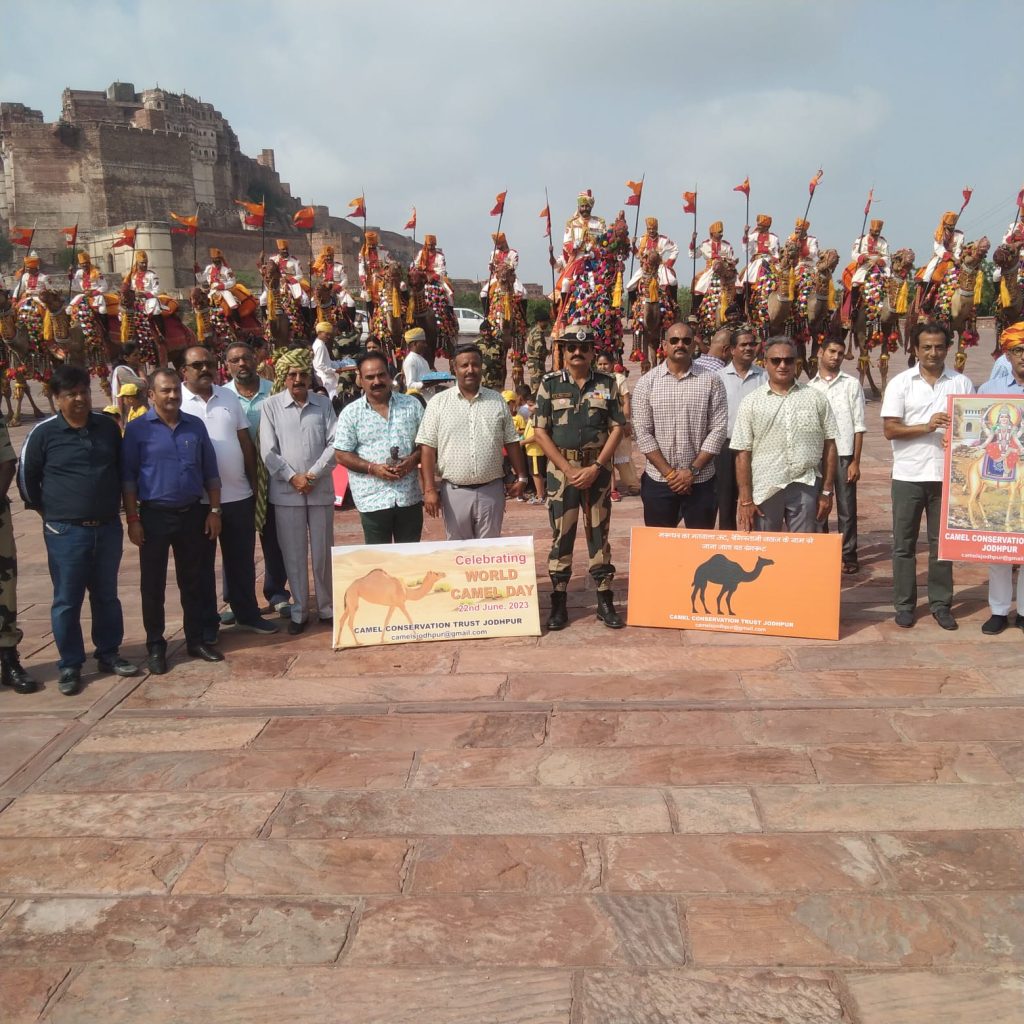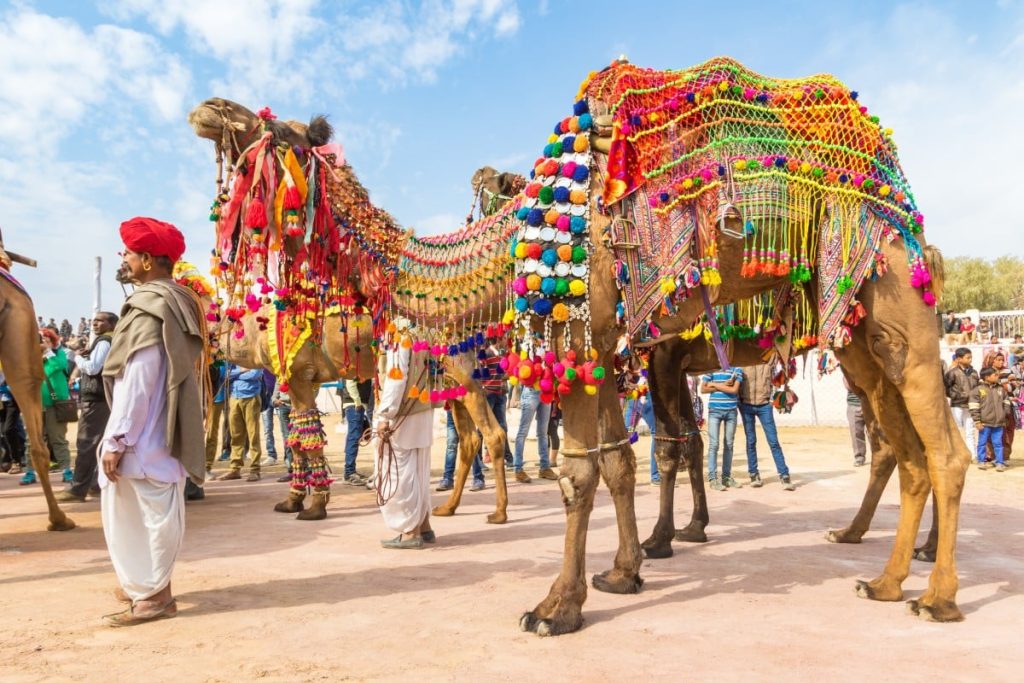In light of the International Year of Camelids 2024, WAMIP is calling on governments, scientists, donor agencies, local and regional decision makers, experts and the private sector to support camelid development efforts that consider the special ecological and cultural aspects of camelids. Camelids, a biological family which includes camels, llamas, alpacas, vicuñas and guanacos, are invaluable to pastoralist communities across the globe, providing livelihoods for millions of families. Because of this, it is vitally important to raise awareness regarding the economic, ecological, and cultural impact of camelids and the industry surrounding them.

WAMIP and our partners will honour the abundance of ecological knowledge, countless generations of experience and innovative capacities to respond to changes that are present in camelid-herding communities over the course of the next year. We would also like to take advantage of IYC24 to raise awareness about concerns present in these communities, including the future direction of camelid husbandry and of camelid welfare, climate change, biodiversity loss, the degradation of the environment, colonial disruption of traditional camelid management systems and limited livelihood opportunities for youths.

We invite the public and policymakers to learn more about the diverse benefits of camelid herding over the next year and beyond. Camelids have enormous potential in producing food and fibre in extremely marginal and degraded environments, without external inputs and use of fossil fuels, and it is important to recognize the role they play in enhancing pastoralists’ resilience and adaptability to climate change. WAMIP and all the organisations involved in IYC24 encourage people to take action in support of camelid-herding communities so that they may maintain their traditions and improve the ways they interact with their environments, their economies, and the camelids they rely upon.
For more detailed information on the Civil Society’s position, please read the official statement endorsed by WAMIP and other participating organisations. Translations of the document are in progress and will be made available soon.
